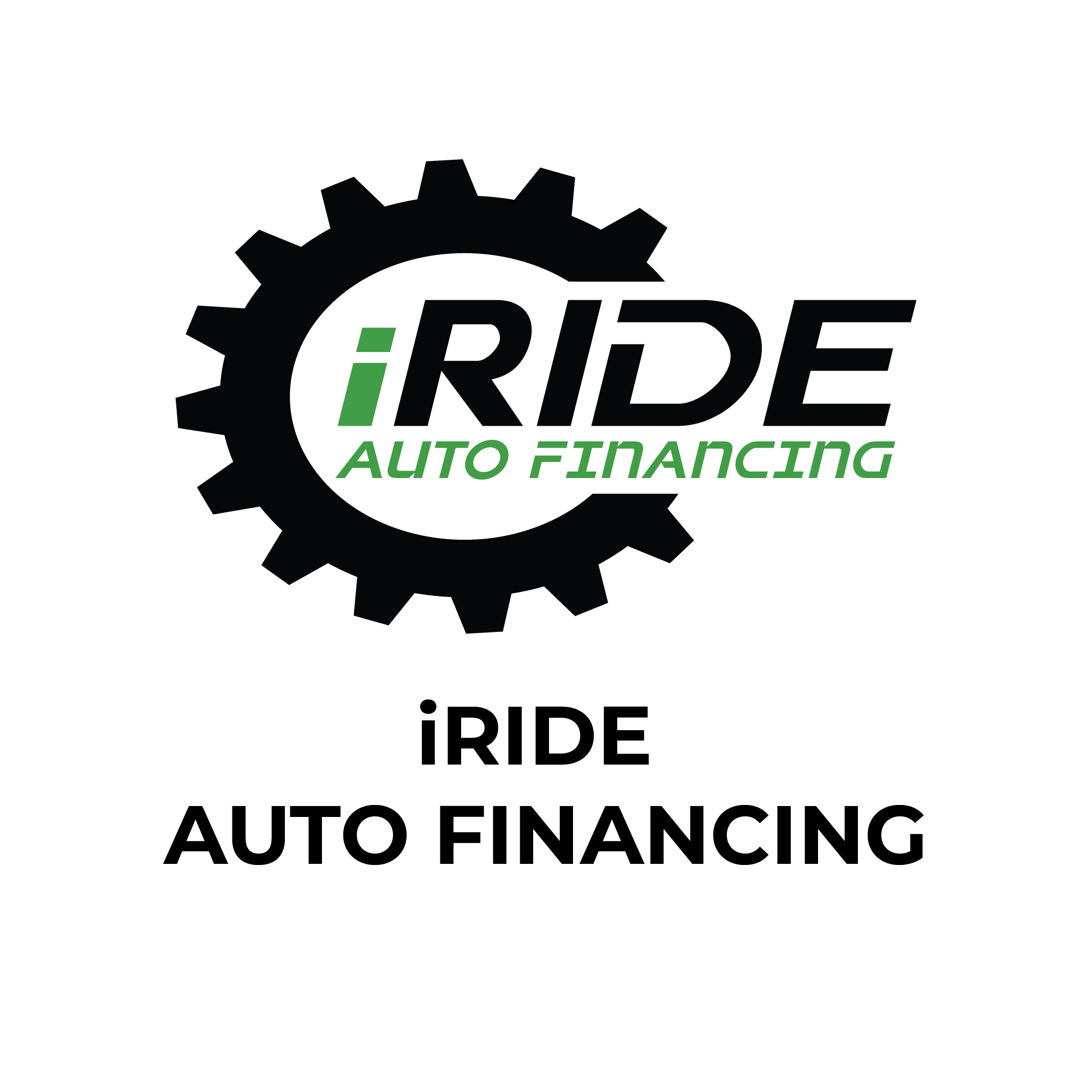How Can We Help You Today?
Get Pre Approved Today
We’ve got a solution, even if you have:
Get the Dealership Experience with Used Vehicles for Sale, Car Financing and Car Loans in Regina!
Your Car Loan and Car Financing Experts in Regina!
If you are looking for a used or preowned car for sale in Regina, Moose Jaw, Lumsden, or any of our surrounding areas and are tired of the standard dealership experience, you’ve arrived at the right place! Here at iRide Auto Financing, we believe in providing next-level car loan and car financing services to the people of Regina. Our focus is one-on-one service for our clients, where we craft tailor-made financing plans designed from the ground up to work with your budget and current credit situation. We offer some of the best rates possible because, in addition to our team of some of the most experienced and capable financing experts in Canada, we’re also part of the Dilawri Group of Companies. This means that we provide enough volume to our partners to offer you extraordinary rates that might not be possible elsewhere. When you are a customer of iRide Auto Financing, you get an expert team, full dealership support provided by the Dilawri Group of Companies with over 500 pre-owned vehicles for sale, and many no or poor credit options. So, why wait? There’s never been a better time to get started with iRide Auto Financing!
Need to Find a Used Vehicle for Sale? We are Regina’s Used and Pre-Owned Car Dealership!
Beyond some of Regina's best used car loans, a big part of what we offer here at iRide Auto Financing is access to an incredible selection of used vehicles for sale. Our inventory includes over 500 cars, trucks, and SUVs that are routinely inspected, maintained, and certified for quality. We offer an incredible list of brands, including Dodge, Ram, Honda, Nissan, Jeep, Ford, and more, with a full complement of luxury brands like BMW, Audi, Lexus and Infiniti rounding out the list. This impressive selection comes thanks to our affiliation with the Dilawri Group of Companies, who have built a reputation on quality and customer care. That’s why you can rest easy knowing that the pre-owned car you get from us is in perfect condition.
When a person is looking for a used vehicle for sale, we understand that they aren’t always doing it because they just want a new ride. The search for a used car dealership in Regina often has more to do with a need than a want, which means your credit may not be with you when you need it most. Not to fear, here at iRide Auto Financing, we believe in working with you to find a car loan that works - regardless of your credit rating. We work with people from all walks of life here in Regina, so don’t hesitate to get in touch with us and explore your options. After all, one of the very best ways to improve your credit is with regular payments on a small loan, like the one you’ll get on your new ride!
Get in touch with us today to get started finding your next car, truck, or SUV near Regina!



